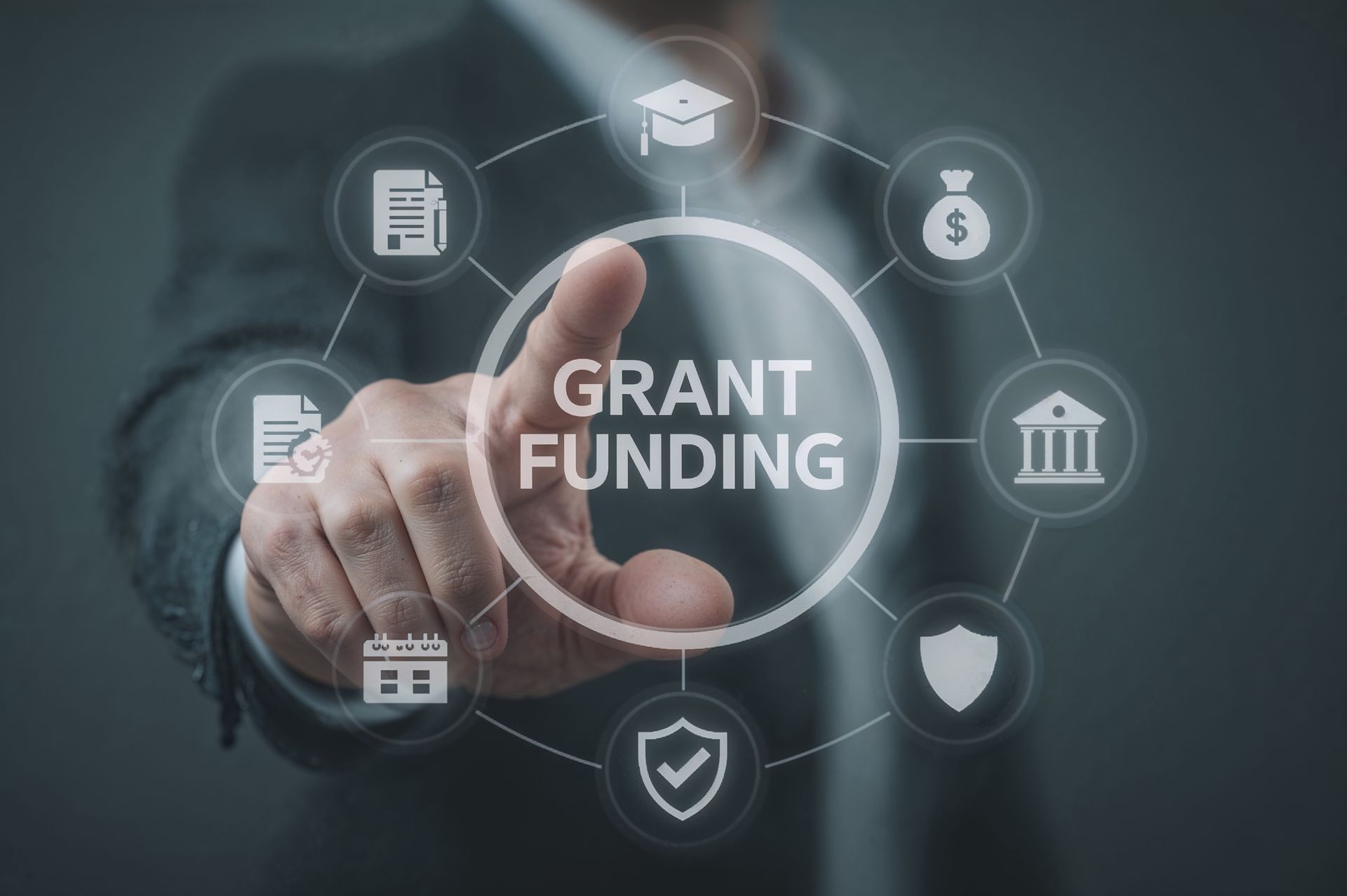Blog

When your nonprofit receives a grant, the focus is often on what the funding can accomplish. But the language in the grant agreement can have long-term legal and financial consequences, especially if key clauses go unnoticed. Some terms protect your organization, while others can expose it to penalties, clawbacks, or even loss of future funding.
Before signing a grant agreement, it’s critical to understand how the clauses may impact your nonprofit.
Reporting and Deliverables
Most grant agreements outline specific expectations around what data, outcomes, or benchmarks must be submitted and when. Missing deadlines or failing to include required information can violate the terms of the agreement, even if your program is running smoothly. Make sure reporting requirements are realistic and align with your nonprofit’s existing capacity and infrastructure.
Reversion or Clawback Provisions
Some grants contain clauses that allow the funder to reclaim unused or misused funds. Others may trigger a clawback if certain conditions aren’t met, such as achieving performance goals or maintaining a program for a specified duration. These provisions are often non-negotiable, but it’s essential to understand what events could lead to a repayment obligation and whether your nonprofit is capable of fully complying in all eventualities.
Intellectual Property and Licensing Rights
If your nonprofit develops original materials, content, or software using grant funds, the agreement may address who owns that intellectual property. In some cases, funders claim ownership or require your nonprofit to license the work for free to others. This can affect your ability to monetize the work or use it in future programs.
Look for language about IP ownership, licensing, distribution rights, and derivative works. Even if those clauses aren’t an issue today, they could tie your hands in the future.
Exclusivity and Funding Restrictions
Grant agreements may restrict your ability to seek or accept other funding for the same program. This can limit your flexibility if project costs increase or other funders want to support your work. Review any exclusivity clauses carefully, especially in multi-year grants, and consider how they might affect your broader fundraising strategy.
Program Modification and Approval Requirements
Some agreements require prior written approval before making any changes to the funded program’s scope, timeline, or budget. Others include automatic termination provisions if changes are made without consent. Even if changes are necessary due to staffing or demand, failure to follow the notification process could put the funding at risk.
Indemnification and Liability Language
Clauses that require either your nonprofit or the funder to indemnify the other can create significant legal exposure. Understand who is responsible if a legal dispute arises related to the funded project, and whether your insurance would cover those obligations. Ambiguous or one-sided indemnification clauses are worth flagging for review.
Audit Rights and Access to Records
Funders often include language granting them the right to inspect your financial or program records. While this is standard in many grant agreements, the scope and timing of the access should be reasonable. Confirm how long records must be retained and whether your current documentation practices meet the required standard.
Termination Clauses
Grant agreements may allow funders to terminate the contract early for a range of reasons, including failure to meet milestones, budget concerns, or shifting priorities. Be aware of what happens to disbursed funds if the agreement is terminated midstream, and what obligations remain even after the grant ends.
What to Do Before You Sign
Even experienced nonprofit leaders can miss critical legal nuances in grant agreements. Before signing:
- Confirm that the terms align with your nonprofit’s capacity and mission.
- Ask for clarification or modification of vague or problematic clauses.
- Get board approval and document the review process.
- Consult with a nonprofit attorney for high-stakes or complex agreements.
Talk to an Atlanta Nonprofit Attorney Before You Commit to a New Grant
Cameron Hawkins can help your nonprofit navigate the legal implications of grant agreements, flag potentially risky language, and ensure your organization’s interests are protected. If you’re preparing to accept a new grant, or need help understanding the terms of an existing one, call 678-921-4225 to schedule a consultation.











